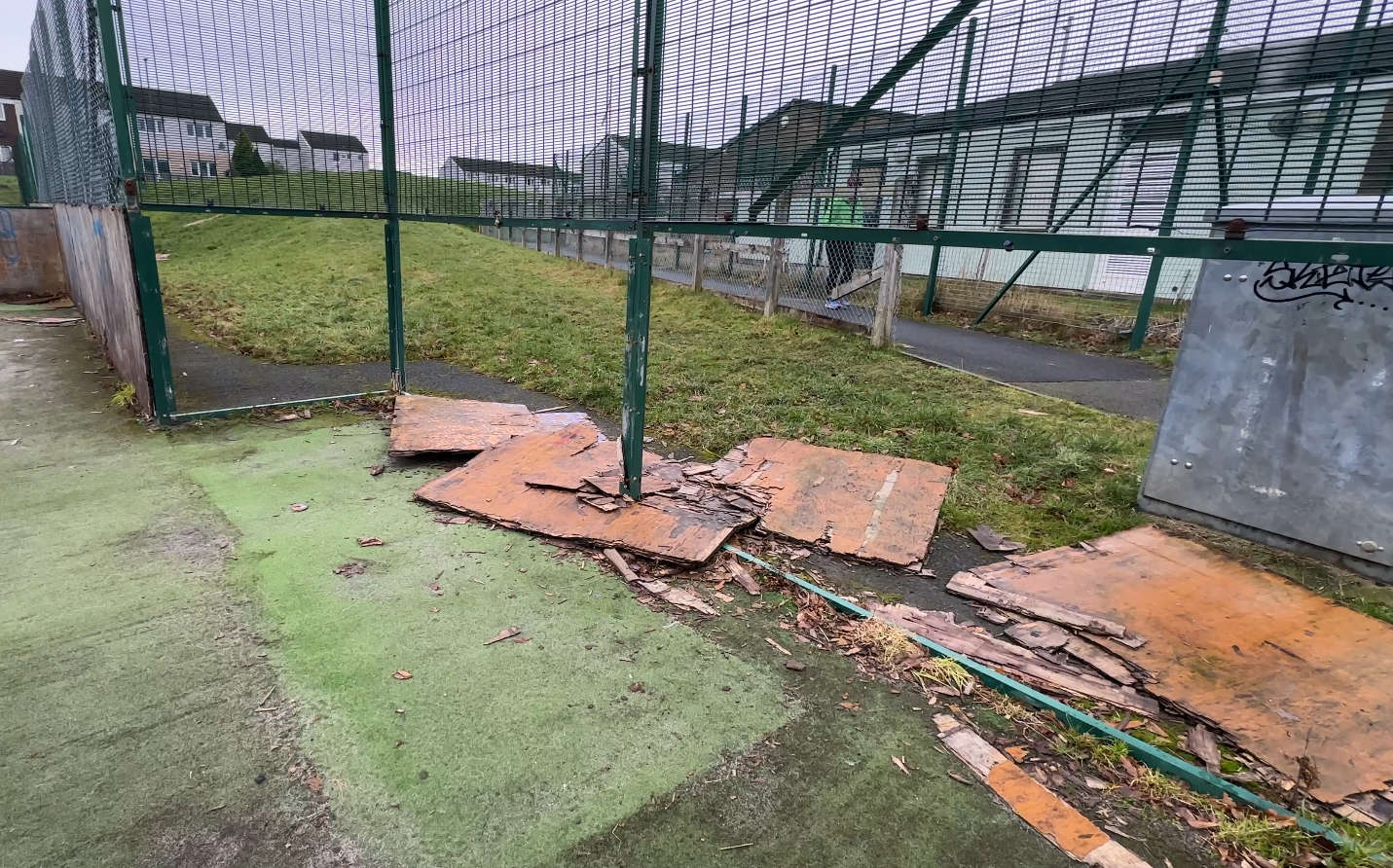
For most 22-year-olds, life is just beginning to settle into place. But for Lauren Holmes from Hyde, the past few years have been defined not by youthful milestones - but by a silent, excruciating battle with endometriosis.
Endometriosis impacts on the physical and mental health of 1 in 10 women and those assigned female at birth in the UK. That’s over 1.5 million who desperately need support and information to help them understand this chronic condition.
Just four weeks after undergoing a three-and-a-half-hour surgery to remove extensive endometriosis, Lauren is breaking her silence and speaking out in the hope of raising awareness and pushing for change - not only as a woman who has lived with the condition but also as a healthcare worker on the frontline of women’s health at Tameside Hospital.
Lauren's experience with endometriosis began at the age of 16, when her first period brought with it pain that she instinctively knew wasn't normal.
“From my very first period, the pain was unbearable,” Lauren recalls. “Far beyond what anyone would consider 'normal.' Yet every time I sought help, I was dismissed. I was told it was just 'part of being a woman.’”
For seven years, Lauren fought to have her symptoms taken seriously. In that time, her condition silently progressed, a common story among women with endometriosis, a chronic condition where tissue similar to the lining of the womb grows in other parts of the body, often causing severe pain, fatigue, and infertility.
She went to her GP multiple times, knowing what she was experiencing wasn’t normal. The GP carried out ultrasounds and told Lauren nothing was wrong, she later found out that endometriosis doesn’t show up on ultrasounds.
“It took seven years of being ignored before I was finally diagnosed,” she says. “By then, the damage was already significant.”
Lauren’s turning point came after she had collapsed at work and finally got a referral to an endometriosis specialist.
“She listened. She believed me. And just four weeks ago, I had surgery to remove the endometriosis from my womb,” Lauren says. “Her care and compassion changed the course of my life. I’ll always be grateful.”
Lauren had multiple MRI scans which showed up as clear, despite these results the doctor believed something was wrong and Lauren was in a lot of pain. Finally, on the last MRI endometriosis was spotted on the back of Lauren’s womb and she was referred for surgery.
The surgery lasted over three hours, a testament to the extent of the damage caused by years of missed diagnoses and untreated symptoms.
Now in recovery, Lauren is more determined than ever to use her voice and her platform to advocate for the many other women who continue to suffer in silence.
“Endometriosis affects 1 in 10 women, yet it takes, on average, eight years to be diagnosed,” she explains. “That delay has real consequences - physically, emotionally, and financially.”
Her role within Tameside’s women’s health department has only deepened her resolve.
“I see it in patients every day - the pain, the frustration, the mental toll. And I’ve lived it myself,” she says. “Tameside women deserve better. We deserve to be believed.”
Lauren’s story is sadly not unique. Across the UK, thousands of women face similar battles with endometriosis, often feeling dismissed, overlooked, or misdiagnosed. The condition remains underfunded and under-researched, despite being as common as diabetes.
With a growing number of young women like Lauren stepping forward to share their stories, the hope is that real, systemic change is on the horizon.
“Raising awareness is just the beginning,” Lauren says. “It’s time to start listening to women - really listening - and treating their pain like the serious medical issue it is.”

 Gamesley Community Centre gears up for major sports revamp
Gamesley Community Centre gears up for major sports revamp
 Public inquiry announced into rail upgrade that could leave villages ‘cut off’ for months
Public inquiry announced into rail upgrade that could leave villages ‘cut off’ for months
 Neighbourhood expansion approved next to primary school after delay
Neighbourhood expansion approved next to primary school after delay
 One year on from shooting, Operation Vulcan continue to target crime in Derker
One year on from shooting, Operation Vulcan continue to target crime in Derker


